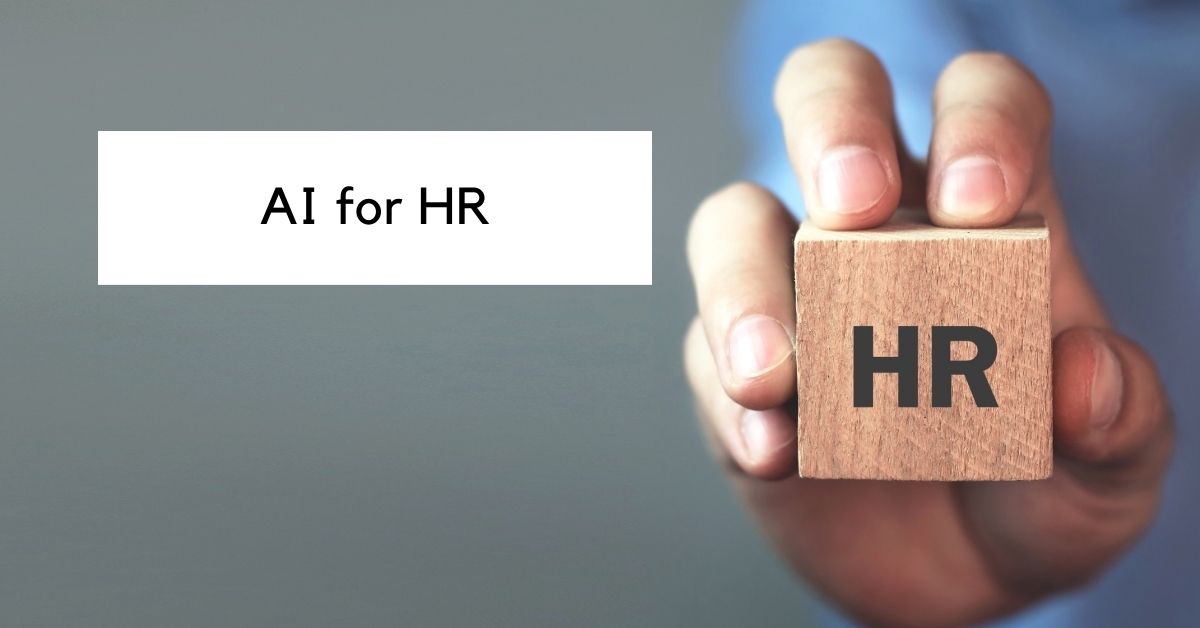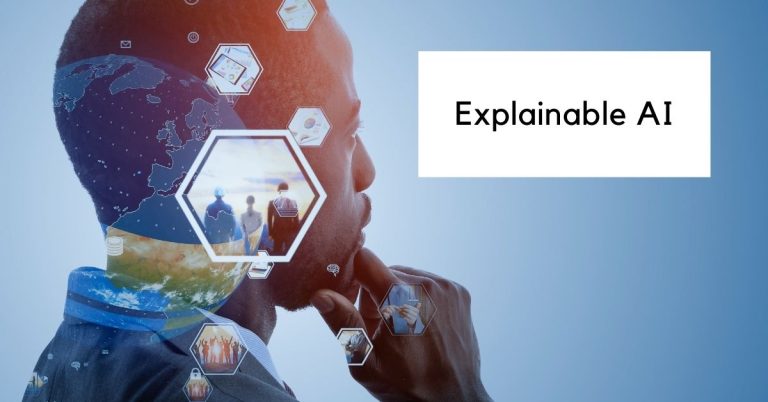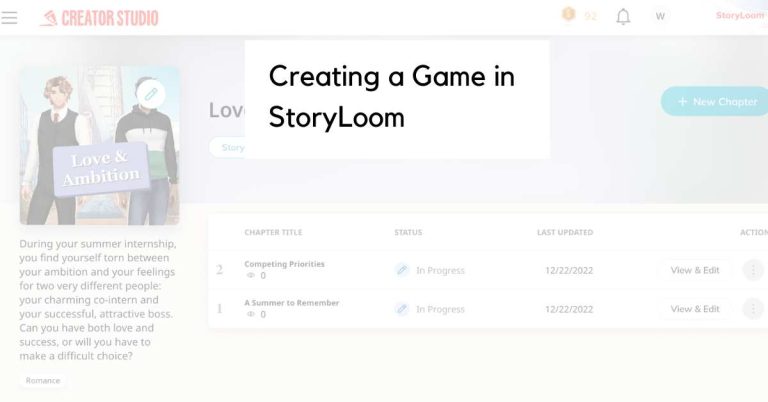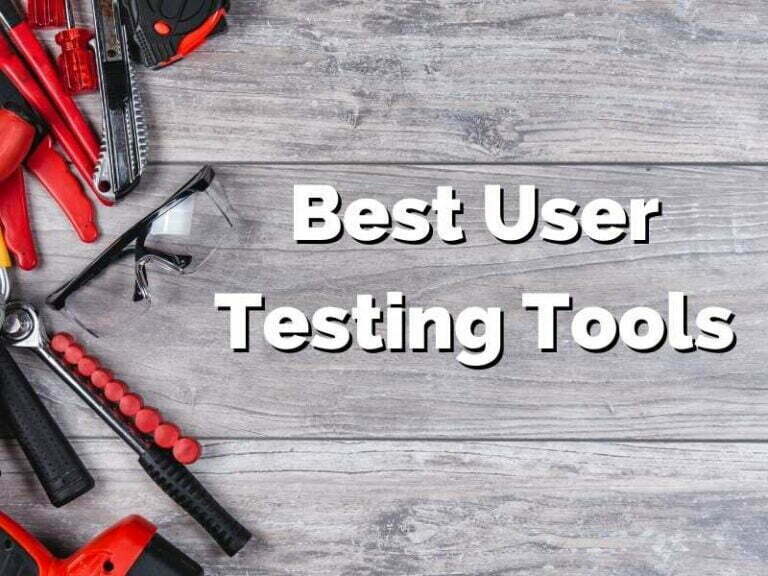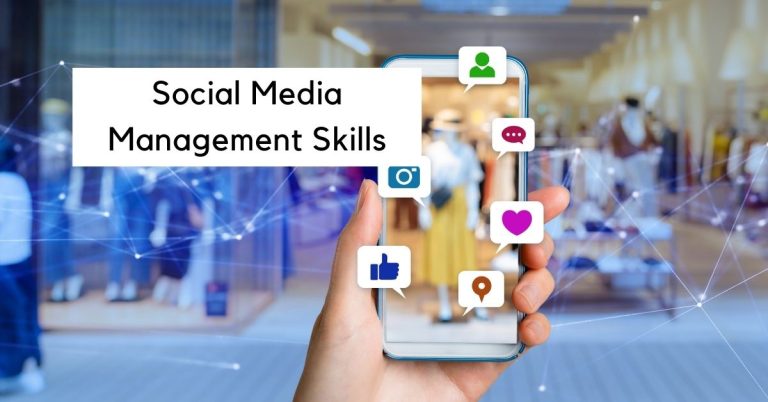AI’s Got Talent: Reshaping HR With Artificial Intelligence
Quiet quitting and job hopping are just some of the job-leaving terms that found themselves on everyone’s Explore and For You Page. In the current job market, finding and retaining the right people for the job can be very challenging.
As organizations navigate the ever-changing business landscape, HR departments and professionals face the critical task of effectively managing the workforce, promoting employee engagement, and acquiring talent aligned with the organization’s culture. Recruitment can be time-consuming and strain hiring budgets, leaving recruiters and hiring managers concerned about attracting and retaining top talent.
To address these challenges, many HR leaders have turned to AI technology, which has shown promising results in optimizing HR outcomes and reducing the burden on HR professionals. We’ll talk about those below. But first, we explain all the ways AI can be used in HR, from recruiting and onboarding to employee engagement and performance management.

Understanding artificial intelligence in HR
Artificial intelligence took the world by storm, making headlines and thumbnails with implications and applications, yet a few took the time to explain how it works. Powered by machine learning, large language models first need to “study” human text to be able to replicate human answers to human questions and requests (in AI lingo this is called prompting).
Many industries have already deployed these systems in various departments for the efficient functioning of organizations, including sectors such as education, the medical profession, and legal compliance. Below we discuss how you can use AI for HR.
Current adoption of AI: How AI is transforming traditional HR practices
Let’s get it out of the way in the start – dear HR professionals, you are not losing your jobs due to AI. Not anytime soon. AI can help you automate things and do things faster, like writing job descriptions, but it can not relate to a human being. Below, we’ll list how exactly you can use it to boost your productivity, mainly while recruiting.
Recruiting and talent acquisition are the areas where AI solutions are most effective. Various startups and service providers are offering AI-based solutions for activities such as sourcing, interviewing, onboarding, coaching, and employee service centers.
The use of AI in HR offers numerous benefits, but its effects are not immediate. It’s a journey that involves short-term benefits in automation, medium-term benefits in augmentation, and long-term benefits in amplifying human activities.
While there are concerns about job displacement, the adoption of AI is mainly augmenting existing roles and creating new opportunities. By embracing AI and leveraging its capabilities, organizations can drive productivity, efficiency, and overall workplace performance.
Growth of AI usage in HR
The influence of artificial intelligence and automation on human resources and the workforce is extensive and continues to grow. Generative AI, such as ChatGPT, is rapidly transforming the HR landscape, offering benefits like improved recruiting processes and personalized career guidance. Research by Bersin by Deloitte reveals that nearly 40% of companies are already using AI in HR, and 33% of employees expect their jobs to be augmented by AI in the near future.
AI is present in various industries, including healthcare, advertising, transportation, finance, legal, education, and workplaces, as we already mentioned above. In HR, chatbots and virtual assistants are increasingly used for recruitment, answering FAQs, coaching, and more, resulting in a seamless and user-driven employee experience.
Applications and benefits of AI technology in human resources
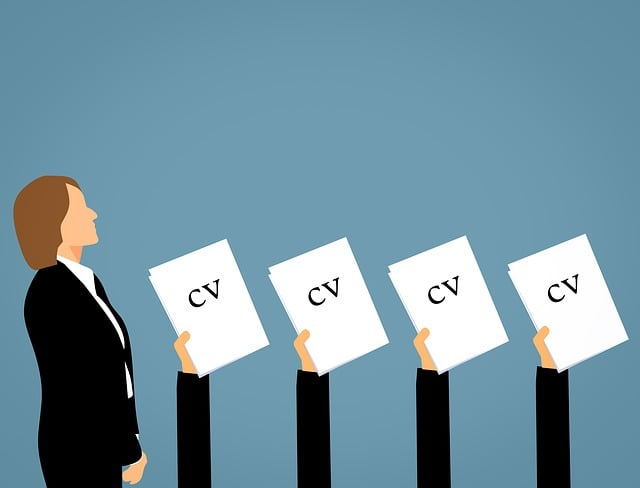
AI can remove the barriers to human potential and cultivate the integration of technology with human cognitive abilities to bring out incredible outcomes and increase efficiency. Here, we will discuss the use cases and applications of AI-powered platforms that can be convenient tools for HR teams.
Talent acquisition and recruitment
AI plays a crucial role in optimizing talent acquisition and recruitment processes. By leveraging AI-powered software, organizations can streamline resume screening, candidate sourcing, and applicant tracking, significantly reducing manual effort and time consumption (just like some of the best AI time management tools). This technology enables the identification of potential candidates with precise skill sets by analyzing large volumes of resumes and detecting specific patterns and keywords relevant to the position.
AI tools eliminate biases in the screening process by focusing primarily on desired skill sets, ensuring fair evaluation of candidates. This advancement promotes diversity and prevents unconscious prejudice. AI has the potential to greatly enhance talent acquisition across various areas.
Firstly, AI-powered tools like Textio can assist recruiters in creating a more effective job posting and descriptions by analyzing linguistic choices, identifying gender preference signals, and suggesting alternatives that can attract qualified candidates. Additionally, platforms like CareerBuilder can expedite the process of creating job postings and increase the number of applications received by providing the right job descriptions, and candidate appeal scores, and predicting salary ranges.
By learning from multiple data sources such as resumes, employee records, and skill models, AI systems like Arya can assess candidate suitability and predict long-term success in specific positions, saving so much time for HR teams. Systems like Mosaictrack and Pomato can help with resume screening. In terms of skill assessment, deep learning algorithms can analyze extensive amounts of data to evaluate a candidate’s validated skills, adjacent skills, and potential capability gaps.
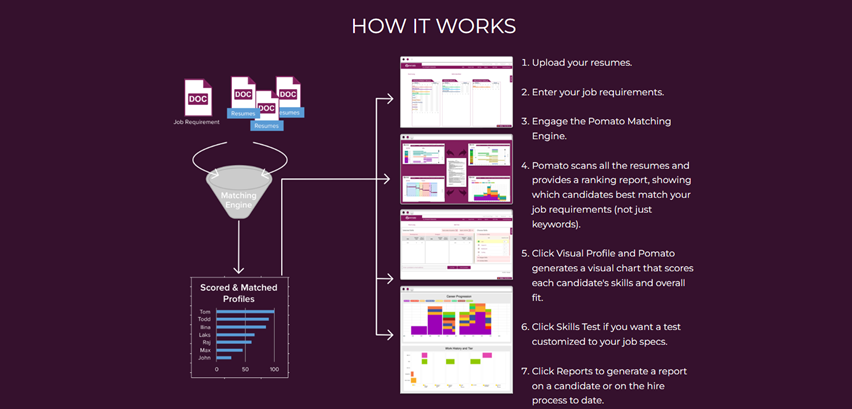
The candidate experience can be improved through the use of chatbot technologies like Harver. They can provide timely responses to candidate questions, guide them through the application process, and keep them informed of their status. By personalizing responses and mimicking human-like interactions, chatbots reduce the need for human intervention.
Employee onboarding and training
AI-powered onboarding and employee training programs offer individualized learning experiences, accelerating knowledge retention and skill development. Immersive technologies such as virtual reality (VR) and augmented reality (AR) play a significant role in this process. VR technology provides immersive skill training, allowing employees to practice and bridge skill gaps without real-world consequences. On the other hand, AR-based applications offer hands-on experiences that enhance engagement and knowledge acquisition.
When it comes to onboarding, organizations aim to provide new hires with a seamless and exceptional experience. Enboarder, a platform focused on experience-driven onboarding, transforms the process into an ongoing, rich, and consistent experience at scale. By leveraging machine learning, Enboarder maximizes employee engagement by providing the necessary tools for organizations.
Talmundo specializes in keeping new employees engaged after recruitment by providing a 360-degree view of the organization. Through the use of chatbots, Talmundo allows new hires to introduce themselves and facilitates building a great pre-boarding and onboarding experience.
Appical takes a unique approach by bringing the essence of the organization directly to the new employee. Their software utilizes technology, knowledge, and experience to create a tailored onboarding experience for every organization.
Generative AI-powered onboarding technology offers personalized experiences for each employee, considering their skills, preferences, and job requirements. This allows employers to find the right fit for each position and ensures that employees have a strong start in their new roles.
Performance management and employee engagement
AI-driven performance management tools have revolutionized the way organizations and HR management teams evaluate employee performance and enhance engagement. These tools utilize real-time data analysis to provide objective insights on top-performing employees, areas for improvement, and overall productivity levels.
By analyzing data and leveraging AI analytics, the HR department can conduct fair appraisals, identify talent development opportunities, and make informed decisions regarding promotions. This data-driven approach reduces bias in the evaluation process, ensuring a more accurate assessment of employee performance.
Furthermore, AI technology contributes to employee engagement by enabling continuous feedback, performance analytics, and recognition programs. Virtual assistants and chatbots offer personalized communication, providing employees with on-demand support and motivation, which leads to increased job satisfaction. Additionally, AI fosters a positive work culture by acknowledging and promoting employee achievements and encouraging collaboration among team members.
A great example is Leena AI, which enhances employee touchpoints, decreasing turnaround time for issue resolution by 50% and reducing employees’ time to access important information by 90%. With features like an enterprise help desk, workflow builder, and employee experience with onboarding, engagement, and relationship management, Leena AI empowers employee-facing teams and streamlines processes.
Ethical considerations and challenges of using AI in HR teams
As previously mentioned, AI technology has the potential to revolutionize industries and transform HR tasks into strategic endeavors. However, it is crucial to recognize the ethical considerations and challenges that come with its implementation. There have already been numerous concerns raised about data privacy and impartial decision-making
Privacy, data security, and biases
The use of AI in HR relies heavily on accessing extensive employee data, raising concerns about data security and privacy. It is important to address the risk of data breaches or misuse.
Human intervention and ethical conduct
While artificial intelligence can enhance decision-making, human intervention and supervision are still necessary. HR professionals should retain their roles as decision-makers and evaluate AI-generated insights to uphold ethical conduct.
Diminished human interaction and collaboration
Overreliance on artificial intelligence can diminish human interaction and interpersonal relationships, potentially impacting teamwork and collaboration. Human involvement is vital for decision-making and interviewing, as AI-driven interviews lack the depth and interpersonal connection of human interaction.
Promoting workplace inclusion and diversity with AI
HR managers can leverage AI tools to ensure a healthy workplace environment that promotes inclusion and diversity. AI-powered tools can help detect and address biases in performance reviews and recruitment processes, contributing to a more equitable workplace. But it is also important to keep in mind that some AI can have biases.
Impartial decision making using AI algorithms
AI empowers organizations to make data-driven decisions, reducing personal biases. AI algorithms analyze objective data, ensuring decisions are based on merit and performance data rather than subjective factors. Regular monitoring of these algorithms is necessary to ensure fairness.
Striking a balance between AI and human involvement, ensuring transparency, and addressing privacy concerns are vital for harnessing the full potential of AI in our HR workflows while upholding ethical standards.
Looking ahead: The future of AI in HR departments
By leveraging AI, the HR team is shaping a transformative workforce that embraces remote work, optimizes workload distribution, ensures equitable resource allocation, and implements an AI-powered feedback system. This approach encourages employees to engage in continuous learning, leading to increased productivity, improved employee satisfaction, and enhanced benefits administration.
Additionally, AI software can help identify signs of burnout among employees. Virtual chatbots powered by AI can step in to provide support and boost morale, allowing employees to take necessary rest and rejuvenation for improved well-being and performance.
To stay ahead, HR professionals must recognize and harness the potential of AI. They can develop cost-effective hiring strategies that incorporate AI-based tools and technologies, modernize traditional human resources practices, and adapt to the evolving needs of the workforce.
By embracing AI-driven solutions, HR professionals can optimize their role in driving organizational success. AI technologies can streamline processes, enhance employee experiences, and foster a culture of continuous learning and development. With the right approach, the HR manager can unlock the full potential of AI, making a significant impact on individual careers and organizational growth.
Final thoughts
In this rapidly evolving job market, AI presents both opportunities and challenges for HR professionals. While it streamlines processes and enhances efficiency, it also raises ethical concerns and diminishes human interaction.
Striking the right balance between artificial intelligence and human involvement is crucial as we navigate the future of work, ensuring that technology empowers and augments rather than replaces the human touch in human resources.

